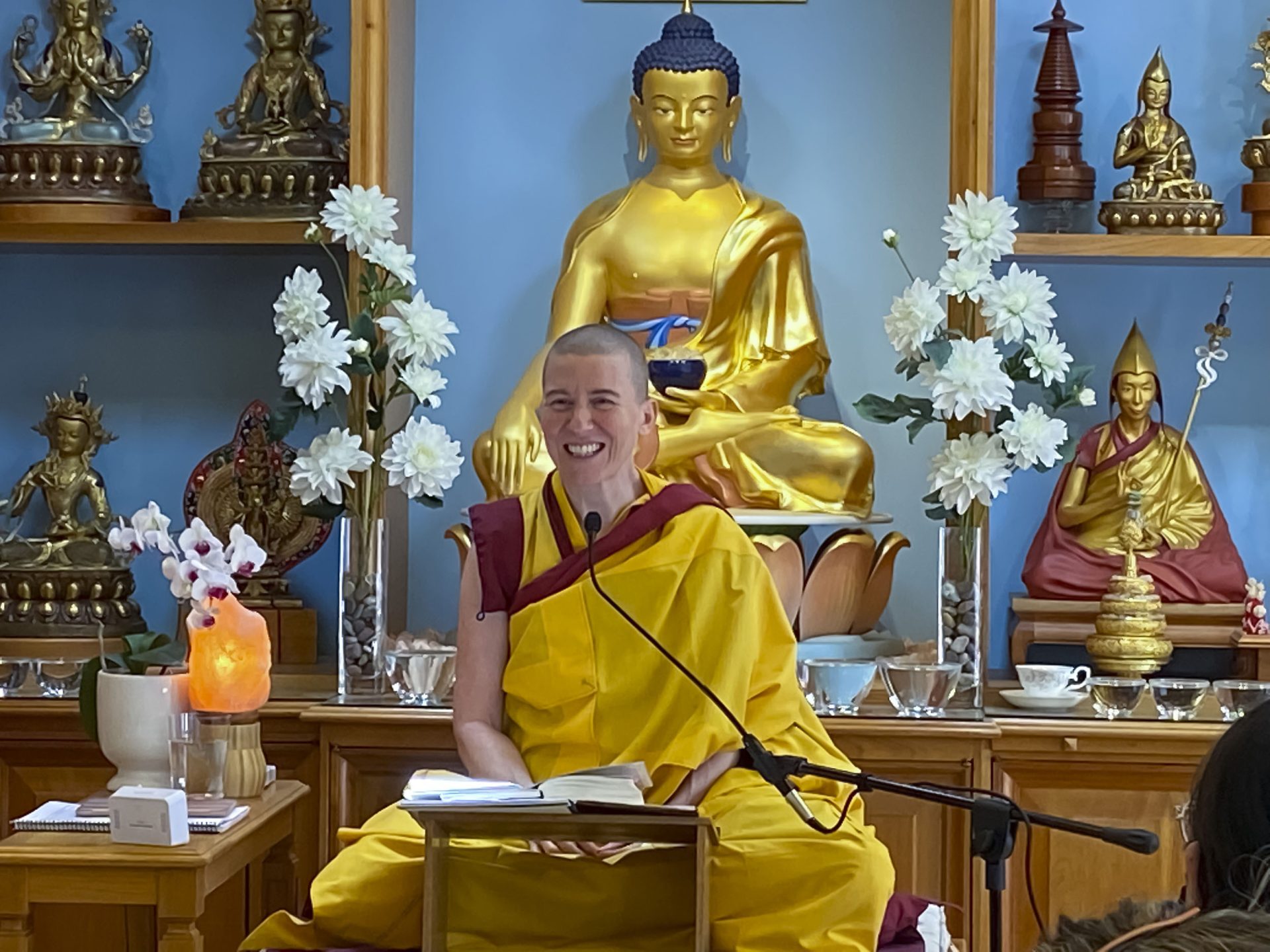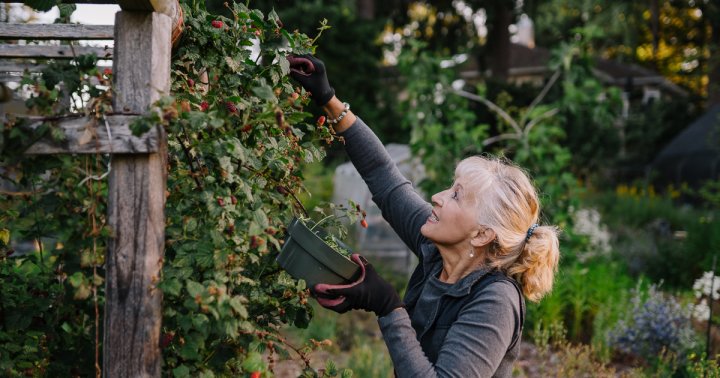The Best Relationship Advice We Heard From Therapists In 2022
Every couple should know these tips.

Image by mbg Creative x Studio Firma / Stocksy December 26, 2022 Our editors have independently chosen the products listed on this page. If you purchase something mentioned in this article, we may Relationships are a beautiful and fulfilling aspect of our lives, but that doesn't mean they don't require work. All relationships go through ups and downs, and whether you're single, committed, or in a situationship, there are a few universal truths we all ought to know when it comes to relationships. Here are the 8 best bits of relationship advice we heard from experts in 2022, so our relationships can flourish in the coming new year:
Advertisement
This ad is displayed using third party content and we do not control its accessibility features.
1. "'Intentional' means doing the mental work, aka planning. If you want to nurture your relationship, you have to think ahead and figure out all the pieces and parts of what it will take to actually improve your relationship. You're making it a priority instead of an afterthought. You won't have to worry about the grass being greener on the other side if you're intentional about watering your own on a schedule. "One recommendation I have for couples to nurture their relationship is to do an intention challenge. To do the intention challenge, all you have to do is create a list of 12 things, which can be a mixture of gifts and gestures, to do for your partner once a month. That's it—nice and simple." —Beverley Andre, LMFT, licensed marriage therapist 2. "On average, [passionate love] lasts about 12 months, and then no matter what we do, it starts to fade. A lot of people make the mistake of confusing the end of passionate love with the end of the relationship, and they say, 'Oh my God, I've fallen out of love with this person. I need to find someone else.' That's not a recipe for happiness. "[Companionate love] is not a dopaminergic thrill of excitement and anticipation. It's more of a here-and-now phenomenon of fulfillment, satisfaction, and contentment. It's just that deep feeling of being happy and content with someone whose life is intertwined with your own, and you know that they've always got your back. And in some ways, that's a more enjoyable kind of love than the [intensity] of passionate love." —Daniel Lieberman, M.D., psychiatrist This ad is displayed using third party content and we do not control its accessibility features. 3. "In relationships, we tend to go through 'comfort cycles,' where we enjoy what's happening and get the benefit of whatever work we've done. We can coast, in a way. Then we are thrown into 'growth cycles,' when one or both partners are unhappy with something. This is when we are called on to work, to grow, to change. To care about what our partner needs and for them to care about us. This is a natural flow through our life together." —Jessa Zimmerman, M.A., licensed couples' counselor and sex therapist 4. "When most couples argue, the misunderstanding isn't based in malice but rather mindlessness. Almost no one wants to deliberately irritate their partner, and none of us is perfect and often forget or overlook some of their key needs. Giving your partner the benefit of the doubt allows room for a productive conversation rather than an argument that immediately turns defensive. If your partner is consistently misattuned and hurts your feelings, that's when you should initiate a serious discussion about expectations, or even enlist the help of a therapist to support constructive communication." —Holly Richmond, Ph.D., LMFT, somatic psychology expert and AASECT-certified sex therapist Find your match today with eHarmony. Free to join. 5. "Building your capacity to be in touch with how you're feeling on a deeper level permits you to think clearly and see solutions because you're no longer protecting yourself from your pain. You are no longer designing your life around keeping a lid on discomfort. Options can now occur to you. "This begins the process of disentangling the present from the past. Your partner's ears open when they hear you speak from that place of vulnerability. Both of you can come to understand how your histories are influencing the present. You and your partner can work together to solve whatever is troubling you. The cutting edge of change is always discomfort—a journey well worth the vulnerability you will encounter along the way. "Be curious—staying in love requires it. Lurking in your own personal underground are some of the culprits that require courage to face. Be willing to look inside of yourself. If you are really going to thrive in your relationship, you'll need the courage to struggle with inevitable discomfort. The courage to grapple with those demons is what allows you to fall in love—again—this time with your partner." —Deborah J. Fox, MSW, couples' counselor and sex therapist 6. "When it comes to interpersonal relationships, hope is often masquerading in the form of repeated attachment patterns. For instance, you might have experienced narcissistic abuse as a child or had an unavailable caretaker, and so hoping someone will change and finally give us the love we want feels familiar and attractive. The feeling of longing or deprivation might also feel familiar, and so we hope that if we are good enough, talented enough, thin enough, smart enough, and attractive enough that finally we will get the attention we are so craving from this person. "Without even realizing it, you are intoxicated by the fantasy of who you hope this person might become. But every time you are in the movie of projection, you have left the ground of your reality." —Jordan Dann, MFA, L.P., CIRT, psychoanalyst and relationship expert This ad is displayed using third party content and we do not control its accessibility features. 7. "A nonnegotiable for everybody should be to build your life and make sure your life is working before you attach yourself to another human," she explains. This means solidifying different aspects of your life before looking for a mate and definitely before settling into a serious relationship. "It takes a village to sustain a relationship. If you don't have your own infrastructure of your own friends, your own hobbies, your own wellness practices, and your own mental hygiene in place before you enter a relationship, the likelihood that relationship will be functional or sustainable is pretty low." —Britt Frank, MSW, LSCSW, licensed psychotherapist and trauma specialist 8. "While shared laughter between partners can be a sign of an already existing intimacy and connection, what many couples underappreciate is our capacity to actually awaken and grow a sense of humor together even when this has not been a strong suit in the relationship. Awareness is the first step in any change, so the mere understanding of the importance of shared laughter can become an invitation to joke around more, the permission we need to allow ourselves to have more fun. Those who don't naturally approach life with their funny bone may find it more challenging to inject laughter into the relationship, but there are some simple ways to add more laughter and fun into your day-to-day life [together]." —Rachel Glik, Ed.D., LPC, licensed professional counselor This ad is displayed using third party content and we do not control its accessibility features.Intentionality is required for a relationship to thrive.
"Passionate love" will fade—and that's OK.
Advertisement
All relationships go through seasons of comfort and seasons of growth.
Default to giving your partner the benefit of the doubt.

Successful relationships require the ability to sit with discomfort.
Too much hope can cloud your judgment.
Advertisement
If you're single and looking, focus on your own wholeness.
Never underestimate the power of shared laughter.
Advertisement

 KickT
KickT 
































